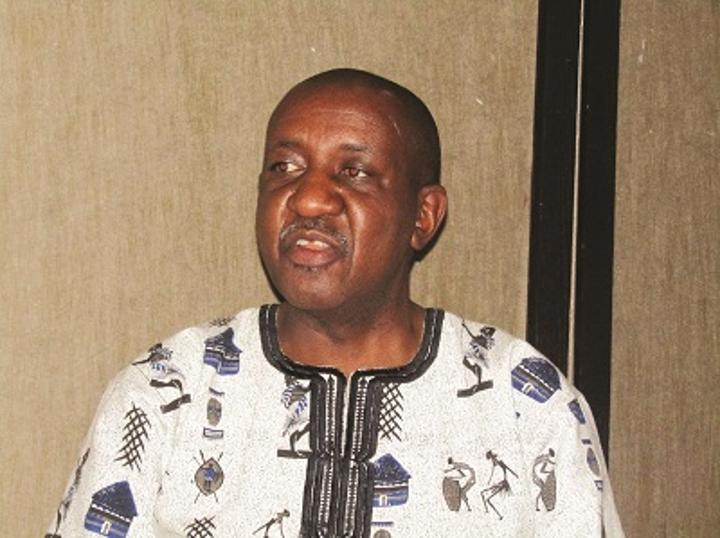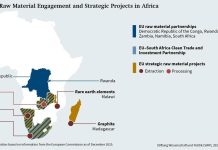Africa-Press – Lesotho. Lesotho Electricity Company (LEC) held a conference for traditional healers to raise awareness on the hazardous effects of the usage of Mercury and Polychlorinated Biphenyls (PCB).
Speaking on behalf of LEC Managing Director, the Risk Manager Matšeliso Moremoholo said LEC is proud to participate in the world campaign for prevention and stopping usage of used transformer oil
that contains dangerous chemical to both animals and people. She added that LEC has been part of the campaign from November 2018 whereby they tested transformers that they suspected contained PCB.
She stated that in their inspection, they worked closely with the Ministry of Tourism, Environment and Culture and acknowledged Adv. Lekhetho Rakuoane with an outstanding
corporation. Moremoholo furthered that their aim is to educate the nation, particularly traditional healers as the frequent users of this oils for healing purposes.
She further stated that they have 14 transformers, “only 7 of those transformers contain PCB, we are also expected to have destroyed all these transformers by 2025, for protection of
the people, animals and the environment. ” The Risk Manager urged Basotho to avoid building houses under electrical cables since they make it tough for LEC
electricians to reach the cables 24hours when need be. Again, she advised a careful approach towards electrical appliances, report of illegal connections
and stealing of LEC cables, which she called “vandalism”. The Senior Environmental Officer on Pollution Control Division Kobeli Tšasanyane stated that mercury is
a (metallic) chemical element commonly known as quicksilver. He explained that exposure to mercury, even in small amounts may cause serious health problems that could threaten the development
of the child in the uterus and may have toxic effects on the nervous, digestive and immune system, lungs, kidneys, skin and eyes in the baby’s early life.
He further indicated that Mercury is contained in many products including, batteries, measuring devices, such as thermometers and barometers, electric
switches and relays in equipment, lamps (including some types of light bulbs) dental amalgam (for dental fillings), skin-lightening products and other cosmetics.
Tšasanyane referenced that, “Methylmercury is very different from ethylmercury. Ethylmercury is used as a preservative in some vaccines and does not pose a health risk.
Mercury occurs naturally in the earth’s crust. It is released into the environment from volcanic activity, weathering of rocks and as a result of human activity.
Human activity is the main cause of mercury releases, particularly coal-fired power stations, residential coal burning for heating and cooking, industrial
processes, waste incinerators and as a result of mining for mercury, gold and other metals. ” Tšasanyane stated that people may be exposed to mercury in any of its forms under different circumstances, “exposure
mainly occurs through consumption, contaminated substances and objects – like head boys’ habit for lubricating their animals’ neckpieces with methylmercury
and through worker inhalation of elemental mercury vapours during industrial processes. ” He warned against the use of mercury, saying “women who wish to have children and pregnant should avoid it,
health centres are encouraged to use mercury free equipment & dental amalgam, stop using it for traditional purposes and avoid using it for applying on any
surfaces and objects,” He noted that according to Environment Act 2008, it is an illegal offence to import mercury into the country. Lesotho Traditional
Committee General Secretary Mopheme Mokoena said he is not pleased with the prohibition made on the substances that help them make herbs and rituals that
contributes to their incomes, he indicated that at least they should have been informed way back since most of the lives depend on it. Moreover, most traditional
healers are not pleased with the ban except one who agreed that children whose parents used these forbidden oils turn to be rebellious as they grow showing effects of mercury or PCB in their body.
For More News And Analysis About Lesotho Follow Africa-Press






